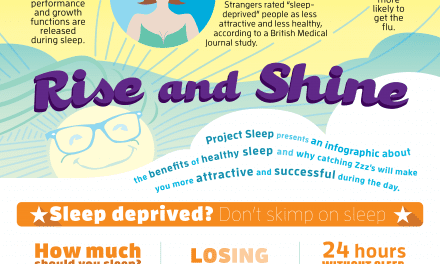AAPR: There are a number of high-tech devices designed to help consumers get the best sleep possible.
Smart beds are equipped with sensors and other tech to capture data about how you sleep. They may also have features to help you sleep better, including automatic climate controls and mattresses that adjust firmness for each partner based on posture or how they toss and turn.
Sleep Number, one of the best-known brands, sends a “SleepIQ” score each morning to an app on your phone. The score factors in how long you were in bed, your movement, how many times you got up, and your heart and breathing rates. The more those signs indicate restful sleep the higher the score.
Versatile smart watches from Apple, Fitbit, Garmin, Samsung, Withings and other companies do more than track steps and provide other fitness metrics. Many models measure the total sleep you get, along with such variables as your heart rate and blood oxygen. Severely low levels of blood oxygen have been linked to sleep apnea.
Bose Sleepbuds II is a set of rechargeable, wireless in-ear headphones that promise to squelch snoring, footsteps and other low-frequency sounds that might keep you awake. Unlike other Bluetooth earbuds, these aren’t meant for listening to music or podcasts. Instead, you can choose soothing sounds like rain or songbirds from a free content library with more than 50 selections.





